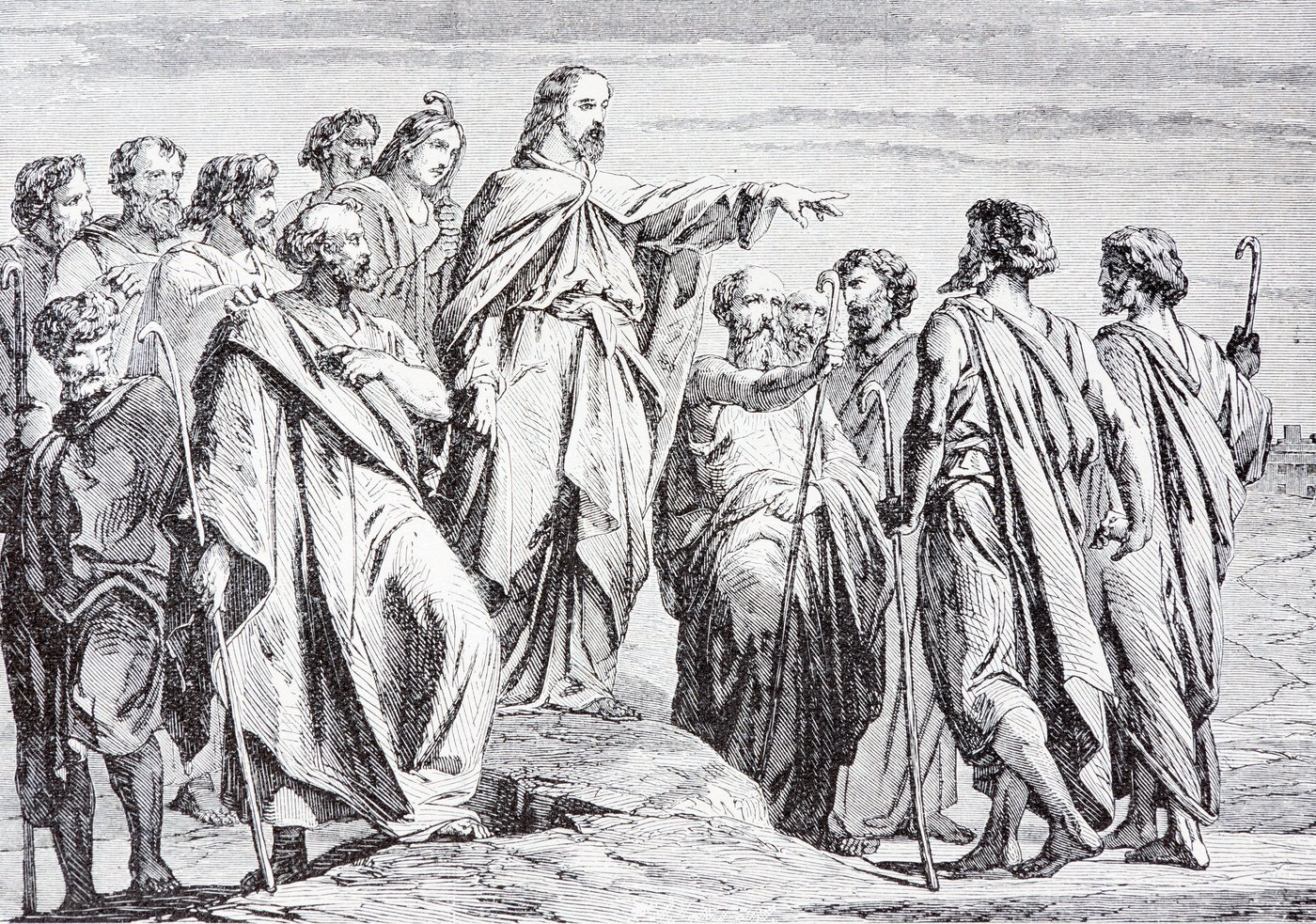Just like in church, we start our study with worship!
Identify The Unique Contribution Of Each Book Of The Bible To The Message Of The Scriptures As A Whole.
This is a very important point. Like snowflakes and fingerprints and DNA, no two books of the Bible are exactly alike, and the differences are important to note. Each book has its own unique contribution to make to the message of the Bible as a whole, which God intends for us to grasp. Each of the four gospel accounts is unique. Granted, the so-called synoptic gospels (Matthew, Mark, and Luke) have certain things in common, but each is written by a different author, and perhaps to a different audience. But each gospel has something unique to contribute that the others do not. These differences may very well be instructive and profitable.
For example, Matthew’s account tells us of two demonized men, whose demons were cast into a herd of pigs (8:28-34). Mark (5:1-20) and Luke (8:26-39) focus on only one of these men. Perhaps even more significantly, Mark’s gospel contains this man’s words (or rather one of the demons who possessed him) as he pled with Jesus: He begged Jesus repeatedly not to send them out of the region (Mark 5:10, emphasis mine).
Luke, on the other hand, gives us a slightly different account of the demons’ request: And they began to beg him not to order them to depart into the abyss (Luke 8:31).
From this distinction in the two accounts it may infer that demons are restricted to a certain geographical territory, and that once they are cast out of this territory they are sent to the abyss, where they are confined and no longer can go about the things they did when loosed.

In the Old Testament, the Book of Esther is unique because it portrays Israel outside of the Promised Land, even though God has granted them freedom (and even encouragement) to return to the land.
The Book of Esther portrays Israel in unbelief, which becomes a key to the interpretation of what we will read in the book.
The Book of Joshua portrays Israel in obedience to God’s commands, and thus we see God’s people enjoying the blessings which He promised in the Book of Deuteronomy (28:1-14).
The Book of Judges describes the next generation of Israelites, who disregarded and disobeyed God’s commands. Here we see the consequences of sin which God foretold in Deuteronomy 28:15.
The Book of Ruth is likewise written in the days of the judges, but here both Ruth and Boaz are part of the righteous remnant (Romans 9:27), on whom God pours forth His blessings (on both a Jew and a Gentile).

Conclusion
Each and every book of the Bible has a specific message that is unique in its explanation. Having knowledge of the basic theme of each book can be very useful when attempting the "rightfully divide" God's word. It's also very effective at revealing the "big picture" of the Bible in its entirety. This takes what at first may appear as a complicated book with a bunch of little segregated stories, and transforms it into a very clear message that is consistent from start to finish. Reading and studying the different viewpoints in scripture also gives a more complete understanding when recounting it from different perspectives.
Discussion Questions
- What is second step to apply when reading and studying the Bible?
- What other benefits can you think of that are applicable in applying this step that were not mentioned in this study?
- Let the group share any personal revelation that was realized by completing this study.
- Can you think of any other scriptures that may apply to this study?
- What was the take away message from step two?
Click here to download this study


